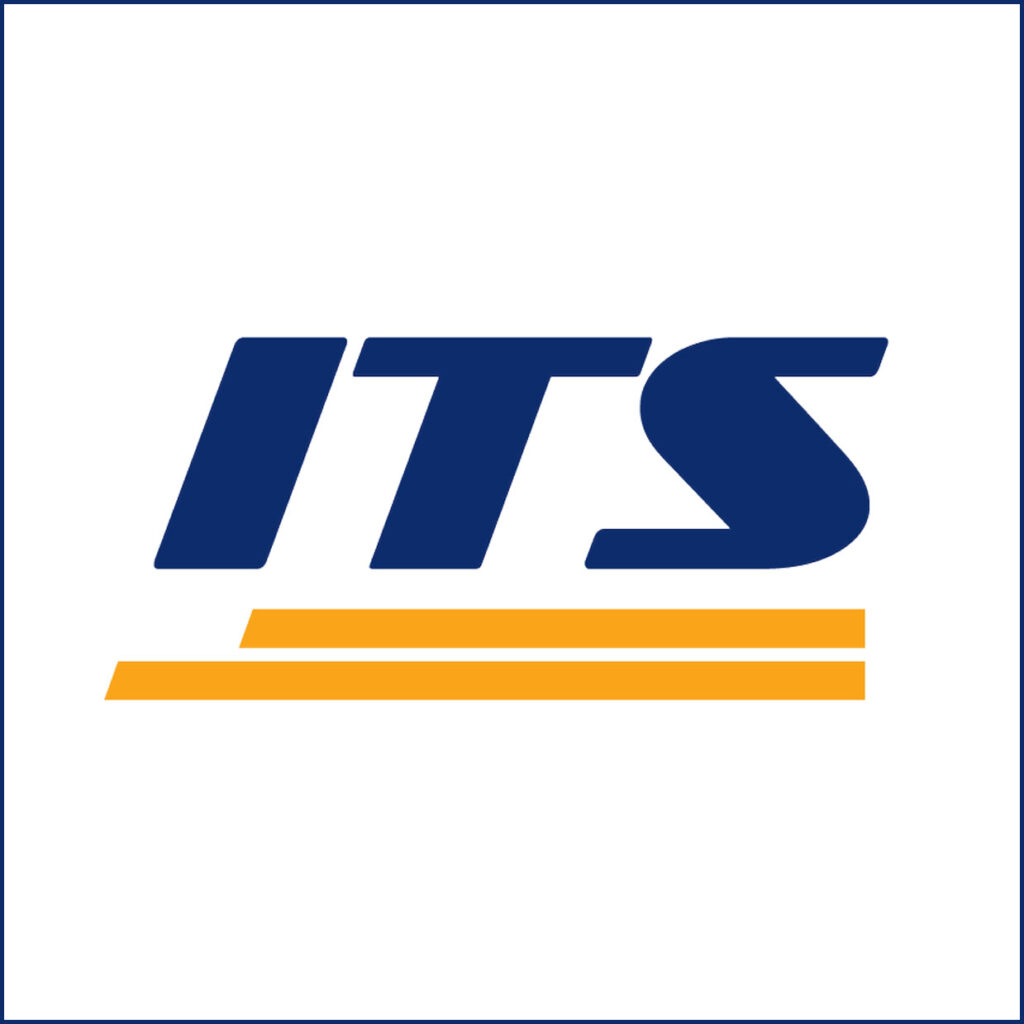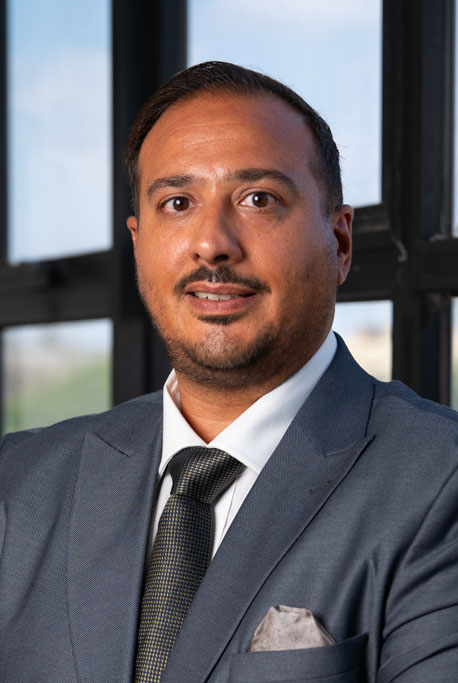
Institute for Tourism Studies
- Aviation Park, Aviation Avenue, Luqa
- info@its.edu.mt
- Website

Q: As the head of the academic team, how do you ensure that the ITS curriculum remains relevant and up-to-date with the ever-changing demands of the global hospitality industry?
I feel that ensuring the relevance of ITS’ educational offer vis-à-vis the dynamic hospitality and tourism industry is one of the most important objectives of my work. My team is dedicated to constantly keeping the curriculum aligned with the fast-paced and ever-evolving demands of the industry. This, however, comes with great responsibility and in order to achieve this, the academic management maintains close ties with industry leaders and actively seeks their input on what skills and knowledge are most in demand.
This collaboration helps us ensure that our courses are reviewed, updated and designed to meet the needs of employers and the industry as a whole. In addition, my team and I continuously review our curriculum based on feedback from all our stakeholders, including students, alumni, and faculty, to identify areas for improvement and incorporate the latest trends.
We also recognise the growing importance of technology in hospitality and have integrated this into our programmes. Courses now include digital marketing, advanced practical digital technologies in hospitality, and sustainable practices to prepare our students for the digital transformation the industry is experiencing. Furthermore, we encourage our faculty to engage in ongoing professional development to stay updated on industry trends. This allows them to bring fresh perspectives and new knowledge to the classroom and laboratories, which enriches the learning experience for our students. Through these efforts, my team and I ensure that our curriculum remains relevant, dynamic, and in tune with the needs of the tourism and hospitality sector.
Q: What role do you believe research and innovation play in hospitality education, and how is ITS integrating these elements into its academic programmes?
Research and innovation are key components of hospitality education, as they drive critical thinking, continuous improvement, and the adoption of sustainable practices within the industry.
At ITS, we firmly believe that integrating research into our programmes enhances the learning experience and prepares our students for the challenges they will face in their careers. We actively encourage both students and faculty to participate in research projects that address current issues in the hospitality sector, fostering an environment where analytical thinking and creativity can thrive.
Innovation is also deeply embedded in our curriculum. We incorporate modules and projects that challenge students to develop innovative solutions to real-world problems, often using case studies and hands-on projects. Moreover, our collaborations with international institutions and industry partners provide unique opportunities for students and faculty to engage in innovative practices.
Q: Could you share some of the recent academic initiatives or programmes that you believe are significantly enhancing the quality of education at ITS?
One of the notable curricular initiatives was the introduction of the Bachelor of International Hospitality Management with specialisations as well as other specialised programmes related to sustainability and environmental tourism, namely the Diploma in Climate Friendly Travel and the Bachelor of Science in Diving Safety Management.
The decision to introduce these programmes is completely in sync with the national tourism strategy to work towards quality tourism and address climate change realities. These courses, which are taught by international experts in their respective fields, provide in-depth knowledge and skills that cater to specific interests and career paths – in addition, these study programmes are designed in a way to compliment the long-term strategy of tourism in Malta.
Recognising the importance of sustainability, we have taken part in important European projects dealing with this topic and integrated sustainability modules across a number of programmes at different levels, teaching students about responsible tourism, sustainable practices, as well as the reduction of food waste


